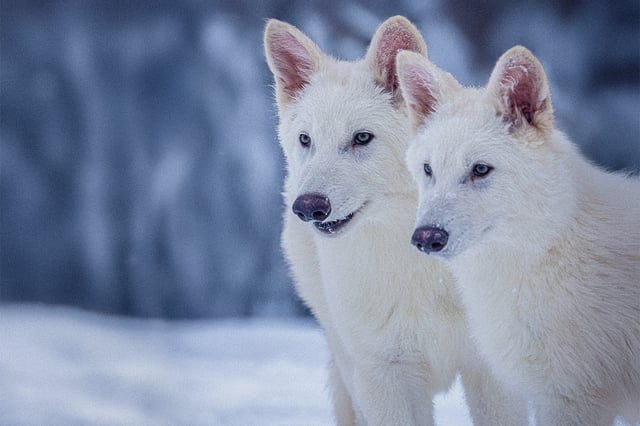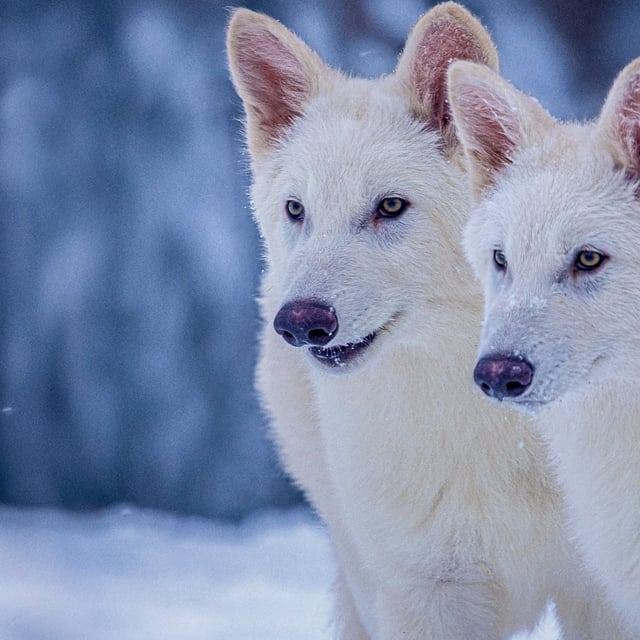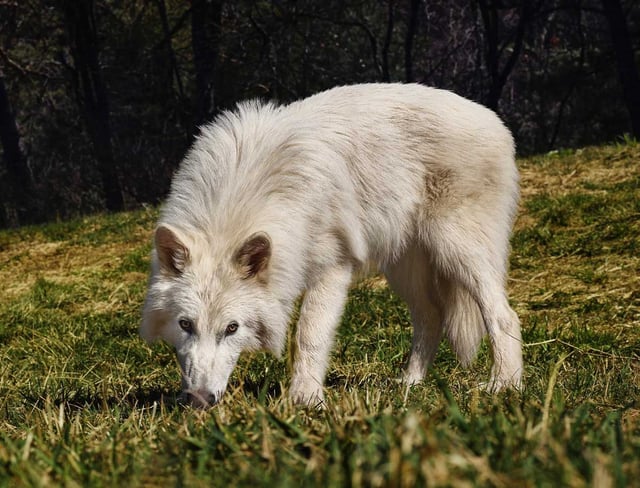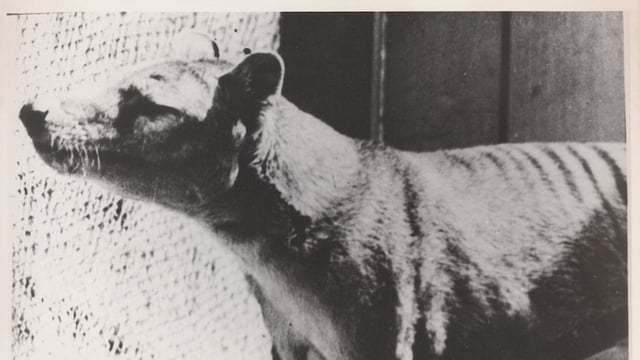Overview
- Colossal Biosciences has unveiled three genetically engineered canines it refers to as 'de-extincted' dire wolves, housed in a 2,000-acre reserve under constant observation.
- The animals were created by editing gray wolf DNA to incorporate traits from ancient dire wolves, including size and fur characteristics, using advanced gene editing and cloning techniques.
- Experts dispute the classification of these animals as true dire wolves, arguing they are modified gray wolves rather than genuine revivals of the extinct species.
- The project has reignited debates over the ethical implications of de-extinction, with critics questioning its impact on animal welfare and conservation funding priorities.
- Alongside the dire wolf project, Colossal announced the cloning of four endangered red wolves, highlighting its broader ambitions in conservation and biotechnology.



